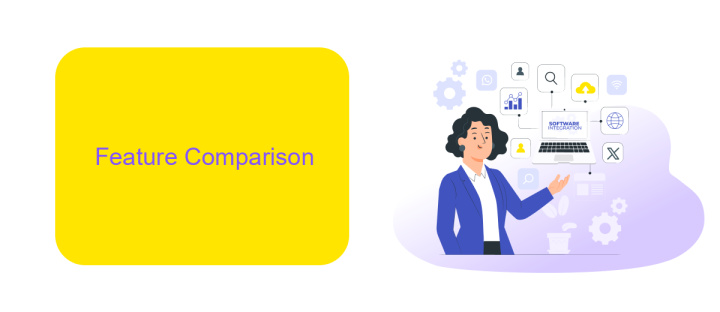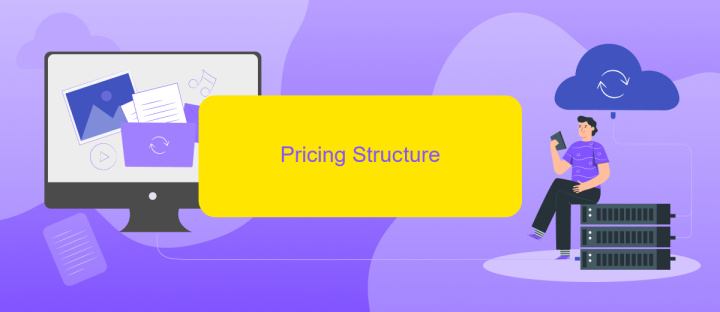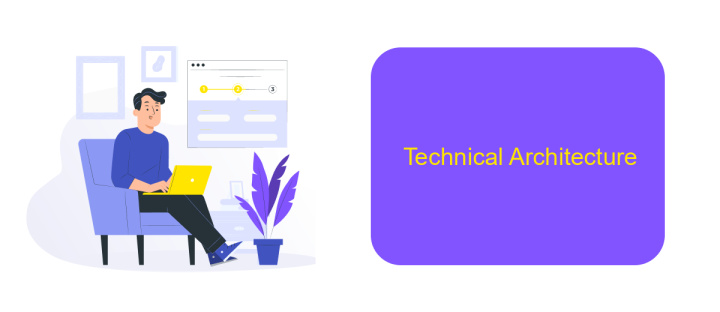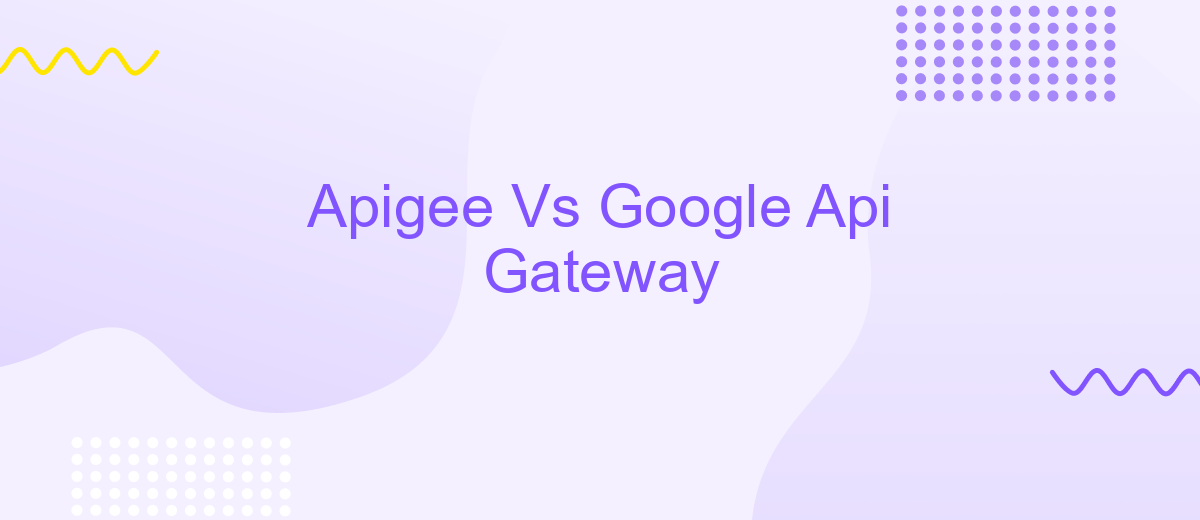Apigee Vs Google Api Gateway
When it comes to managing and securing APIs, two powerful tools stand out: Apigee and Google API Gateway. Both offerings from Google Cloud provide robust solutions for different needs, but how do they compare? In this article, we'll delve into the key features, strengths, and use cases of Apigee and Google API Gateway to help you make an informed decision.
Introduction
In the realm of API management, two prominent solutions stand out: Apigee and Google API Gateway. Both platforms offer robust features for managing, securing, and analyzing APIs, yet they cater to different needs and use cases. Understanding the key differences between these two can help organizations make informed decisions about which platform best suits their requirements.
- Apigee: A comprehensive API management platform designed for complex, large-scale environments.
- Google API Gateway: A lightweight, cloud-native solution ideal for simpler, microservices-based architectures.
- Integration Tools: Services like ApiX-Drive can simplify the process of connecting various APIs and automating workflows.
Choosing between Apigee and Google API Gateway depends on several factors, such as the scale of your operations, the complexity of your API ecosystem, and your specific integration needs. While Apigee offers extensive capabilities for enterprise-level API management, Google API Gateway provides a streamlined, cost-effective solution for smaller applications. Additionally, leveraging integration tools like ApiX-Drive can further enhance your API management strategy by automating and simplifying the integration process.
Feature Comparison

When comparing Apigee and Google API Gateway, it's essential to consider their core features. Apigee offers a comprehensive API management platform that includes advanced analytics, developer portals, and robust security policies. It supports complex API traffic management and provides tools for API lifecycle management, making it a suitable choice for large enterprises with extensive API ecosystems. Additionally, Apigee's integration capabilities are enhanced by services like ApiX-Drive, which streamline the connection of various applications and automate workflows.
On the other hand, Google API Gateway is designed for simplicity and ease of use, making it ideal for smaller projects or teams with less complex requirements. It seamlessly integrates with other Google Cloud services, providing a unified experience for developers already within the Google ecosystem. While it may lack some of the advanced features of Apigee, Google API Gateway excels in providing a straightforward, cost-effective solution for managing APIs, particularly for those leveraging Google Cloud's extensive suite of tools and services.
Pricing Structure

When comparing the pricing structures of Apigee and Google API Gateway, it's essential to consider the specific needs of your organization and the scale of your API usage. Both platforms offer flexible pricing models, but they cater to different use cases and organizational sizes.
- Apigee: Apigee provides a subscription-based pricing model with several tiers based on the number of API calls, analytics capabilities, and support levels. It offers a free tier for limited usage, which is suitable for small projects or initial testing.
- Google API Gateway: Google API Gateway operates on a pay-as-you-go model, charging based on the number of API calls and data processing. This model is ideal for organizations with variable API traffic, as it allows for cost optimization based on actual usage.
Additionally, integrating services like ApiX-Drive can further streamline your API management by automating workflows and reducing manual intervention. This can be particularly beneficial for businesses looking to enhance efficiency while managing costs. Ultimately, the choice between Apigee and Google API Gateway will depend on your specific requirements, budget, and anticipated API traffic.
Technical Architecture

Apigee and Google API Gateway are robust solutions for managing APIs, yet they differ significantly in their technical architecture. Apigee, a full lifecycle API management platform, provides extensive features for API design, security, and analytics. It operates as a proxy layer, allowing for intricate policy enforcement and traffic management.
Google API Gateway, on the other hand, is a lightweight, fully managed service designed to create, secure, and monitor APIs for Google Cloud services. It is optimized for performance and ease of use, making it ideal for serverless applications and microservices architectures.
- Apigee: Comprehensive API management, policy enforcement, and analytics.
- Google API Gateway: Lightweight, fully managed, optimized for Google Cloud services.
Both platforms offer unique advantages depending on the use case. For instance, Apigee's extensive feature set is ideal for complex API ecosystems, while Google API Gateway's simplicity and integration with Google Cloud make it perfect for rapid deployment and scalability. When integrating with other services, tools like ApiX-Drive can facilitate seamless connections, enhancing the overall API management experience.
Use Cases and Suitability
Apigee is well-suited for large enterprises that require robust API management capabilities, including advanced analytics, security, and monetization features. It excels in complex environments where extensive API traffic and sophisticated routing are necessary. Apigee's ability to handle multi-cloud and hybrid deployments makes it a preferred choice for organizations with diverse and distributed infrastructures. Additionally, its comprehensive developer portal and support for various API protocols provide a seamless experience for developers.
On the other hand, Google API Gateway is ideal for smaller teams or projects that need a straightforward, scalable solution without the need for extensive customization. It integrates seamlessly with Google Cloud services, making it a natural fit for organizations already leveraging Google's ecosystem. For businesses looking to streamline their API integration processes, tools like ApiX-Drive can further enhance the functionality of Google API Gateway by automating data flows between different applications and services, thus reducing manual efforts and improving efficiency.


FAQ
What are the primary differences between Apigee and Google API Gateway?
Which one should I choose for a large enterprise with complex API management needs?
Can I use both Apigee and Google API Gateway together?
How do these platforms handle security?
Are there any tools to help automate and integrate these API management platforms?
Apix-Drive is a universal tool that will quickly streamline any workflow, freeing you from routine and possible financial losses. Try ApiX-Drive in action and see how useful it is for you personally. In the meantime, when you are setting up connections between systems, think about where you are investing your free time, because now you will have much more of it.

